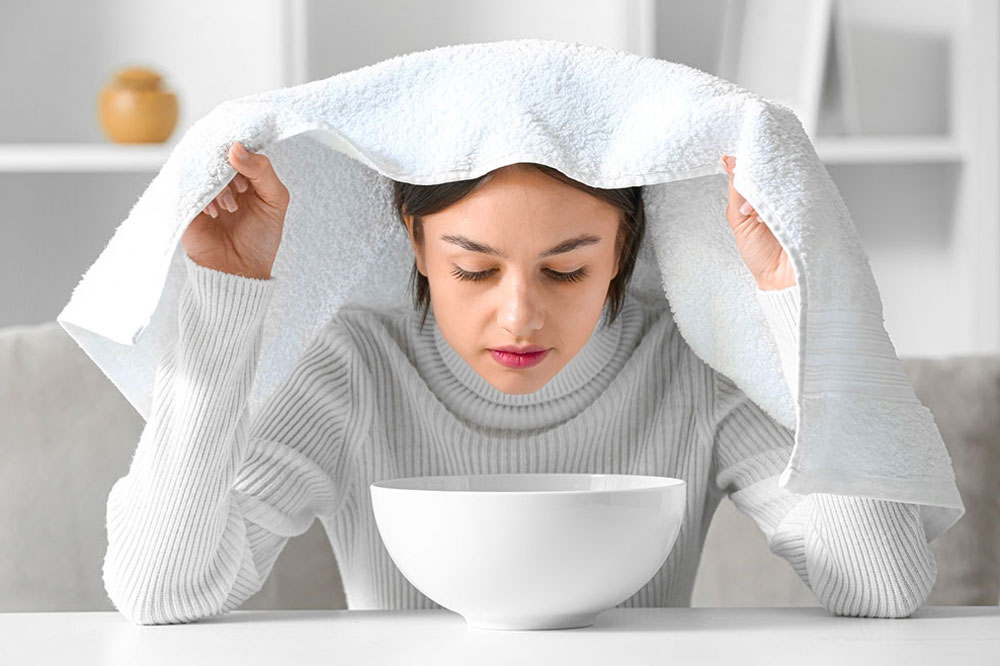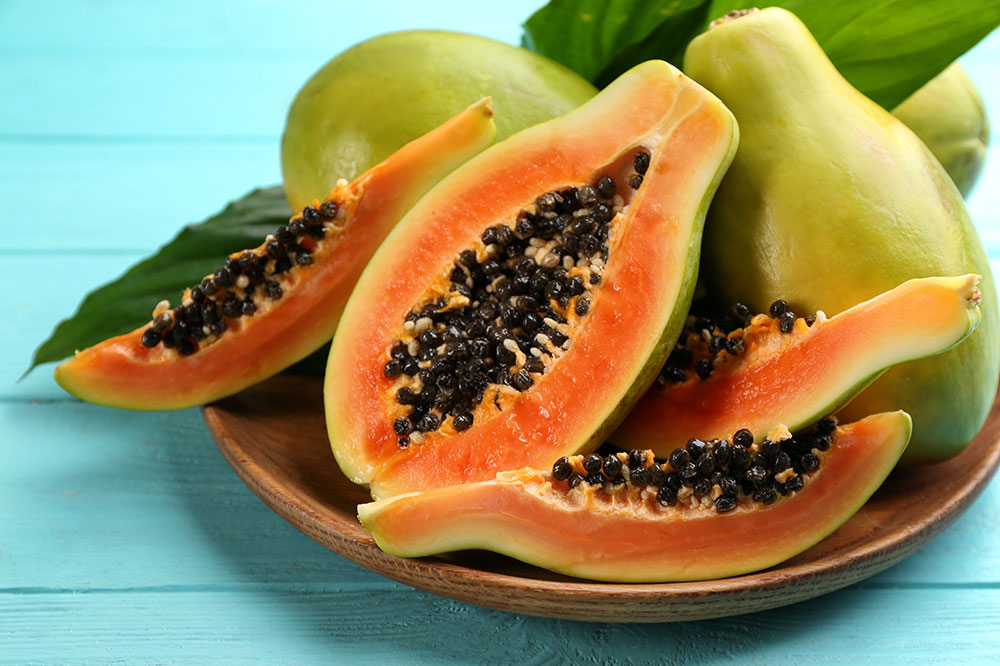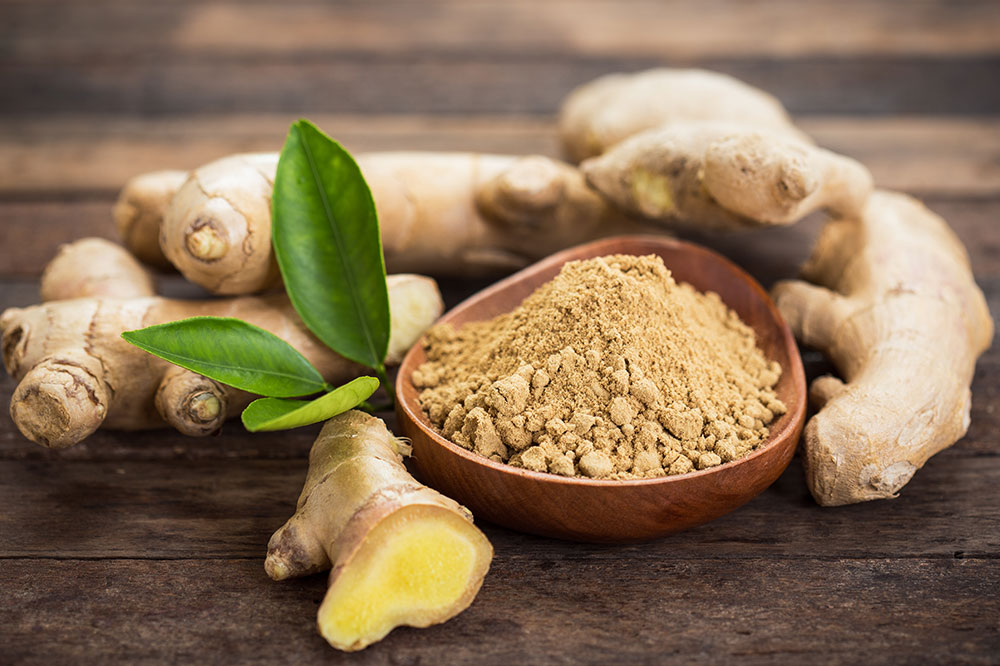Natural Home Remedies to Effectively Reduce Nasal Polyps and Improve Breathing
Discover effective natural remedies for nasal polyps that can ease symptoms, reduce inflammation, and improve breathing. From steam therapy and turmeric to garlic and pineapple enzymes, these home solutions offer safe, accessible options to support your nasal health and potentially prevent the need for surgery. Incorporate these remedies into your daily routine for enhanced respiratory well-being and relief from nasal congestion and discomfort.

Comprehensive Natural Methods to Alleviate Nasal Polyps at Home
Nasal polyps are soft, non-cancerous growths that develop within the nasal passages and sinus cavities. These benign formations can vary in size and number, and as they enlarge or multiply, they often lead to uncomfortable symptoms such as persistent nasal congestion, frequent sneezing, itching sensations, reduced airflow, and difficulty breathing. While the precise causes of nasal polyps are not completely understood, ongoing allergies, chronic infections, and inflammation are believed to contribute significantly to their development. Severe cases often require medical intervention, including prescription medications or surgical removal. However, numerous natural, home-based remedies can help manage symptoms, reduce inflammation, and promote overall nasal health, providing relief without the need for invasive procedures. In this article, we will explore effective natural remedies that can be easily incorporated into your daily routine to combat nasal polyps and facilitate easier breathing.
Steam Therapy for Nasal Relief
One of the simplest and most immediate natural therapies involves steam inhalation. Breathing in warm steam helps to loosen thick mucus, reduce swelling of nasal tissues, and open up obstructed airways. This method can provide quick relief from congestion caused by nasal polyps. To perform steam therapy at home, you can take a hot shower, allowing the warm water vapor to permeate your nasal passages. Alternatively, boil a pot of water, pour it into a bowl, drape a towel over your head to trap the steam, and inhale deeply through your nose. Adding a few drops of essential oils such as eucalyptus or peppermint can enhance the soothing effects and provide additional anti-inflammatory benefits. Regular steam therapy can help keep nasal passages clear, reduce irritation, and promote faster healing.
Harnessing the Power of Turmeric
Turmeric is renowned for its potent anti-inflammatory and antioxidant properties, making it an excellent natural remedy for nasal polyps. The active compound, curcumin, helps reduce airway inflammation, swelling, and irritation. Incorporating turmeric into your daily routine can provide continuous relief. You can prepare a simple turmeric tea by mixing 1-2 tablespoons of turmeric powder into boiling water, then sipping this warm infusion multiple times a day. Additionally, turmeric can be added to various dishes, such as curries, stir-fries, smoothies, and soups, to ensure regular intake. This natural spice not only enhances flavor but also supports immune health and reduces the severity of nasal inflammation over time.
Cayenne Pepper: Nature’s Decongestant
Capsaicin, the active compound in cayenne pepper, stimulates nasal mucous membranes, causing a runny nose that helps expel excess mucus and clear nasal passages. This process alleviates congestion associated with nasal polyps. Moreover, capsaicin exhibits anti-inflammatory properties, which can help reduce swelling and mucosal inflammation in the sinuses. Adding a pinch of cayenne pepper to your meals or beverages can provide both flavor and therapeutic benefits. Be cautious with dosage, especially if you have a sensitive stomach or gastrointestinal issues. Consulting with a healthcare provider before increasing spice intake is advisable.
Tea Tree Oil for Antimicrobial Action
Tea tree oil is well-known for its antimicrobial and anti-inflammatory effects, making it a useful natural remedy for nasal irritation and related infections. When diluted with a carrier oil such as olive or almond oil, it can be applied externally around the nasal area or used in steam inhalation. A few drops in steam water can boost the antimicrobial effects, helping to fight off bacterial or fungal infections that may contribute to nasal polyps. Always ensure proper dilution to avoid skin irritation and adverse reactions. Regular use of tea tree oil can support nasal health and assist in combating recurrent infections.
Pineapple Core: An Enzyme-Rich Snack
The core of a pineapple contains bromelain, an enzyme with natural anti-inflammatory and mucolytic properties. Bromelain helps decrease swelling in the sinuses, reduce mucus thickness, and support sinus health. Incorporating pineapple core into smoothies or consuming it as part of a healthy diet can provide ongoing benefits for sinus inflammation and nasal airflow. Its enzymatic action aids in breaking down excess mucus, easing breathing, and reducing the size of nasal polyps over time. Be sure to choose fresh pineapple and consume the core in moderation for optimal results.
Garlic for Immune Support and Antimicrobial Effects
Garlic is a powerful natural remedy due to the presence of allicin, a compound with strong antimicrobial properties. Regular intake of garlic, either raw or cooked, can help prevent bacterial, viral, and fungal infections that may contribute to nasal polyps. Garlic also reduces inflammation and supports the immune system, promoting overall nasal health. Incorporate fresh garlic into your meals, salads, or smoothies for regular consumption. Additionally, garlic supplements are available, but consulting with a healthcare professional before usage is recommended, especially if you are on medication. Consistent use of garlic can help keep respiratory pathways clear and reduce the likelihood of polyp recurrence.





